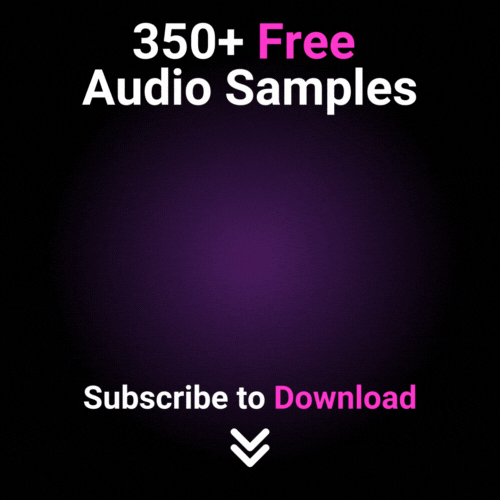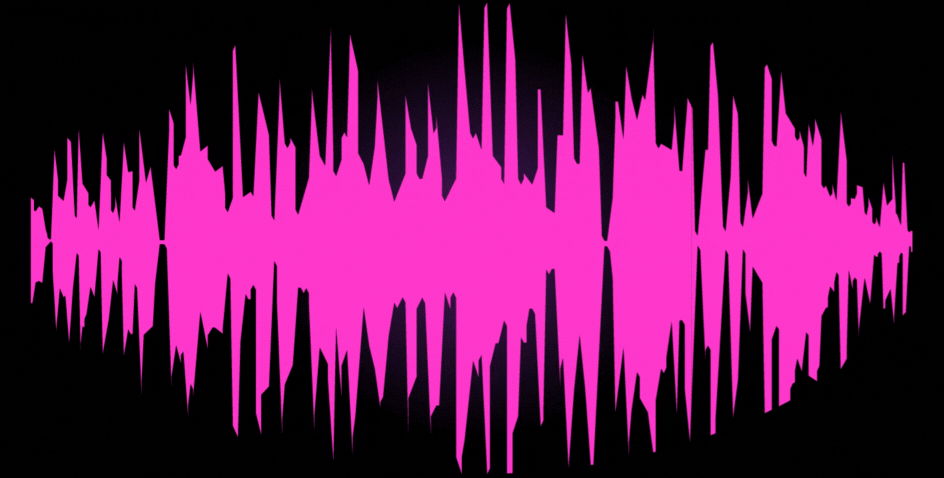Key Takeaways
Table of Contents
The Role of a Music Producer
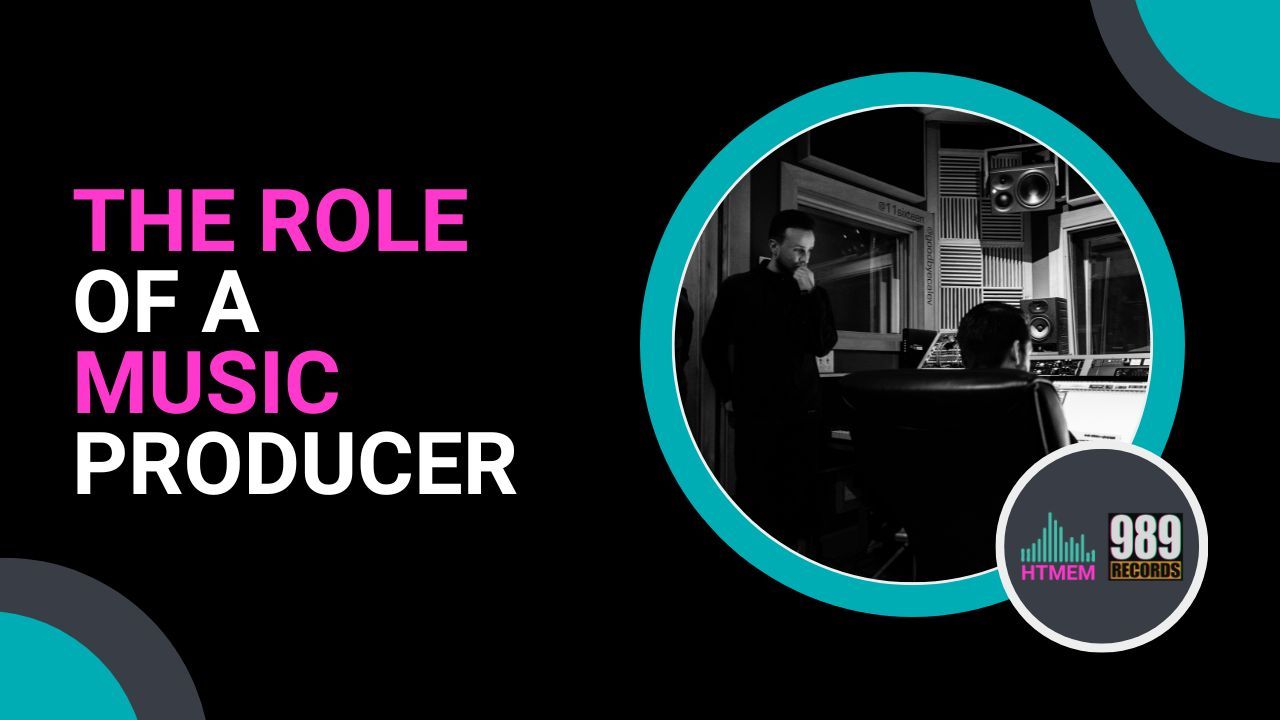
Essential Tools for Music Production
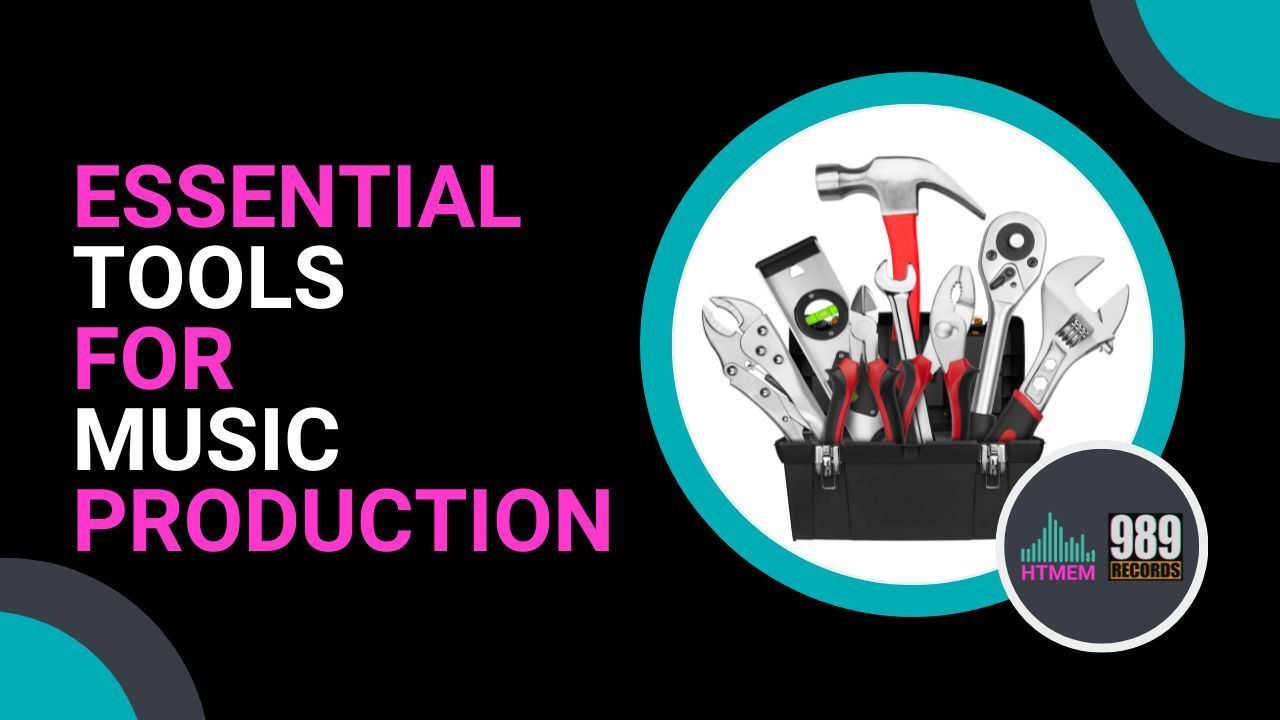
Choosing the Right DAW
MIDI Keyboard Essentials
Audio Interface and Studio Monitors
Music Theory Basics for Beginners
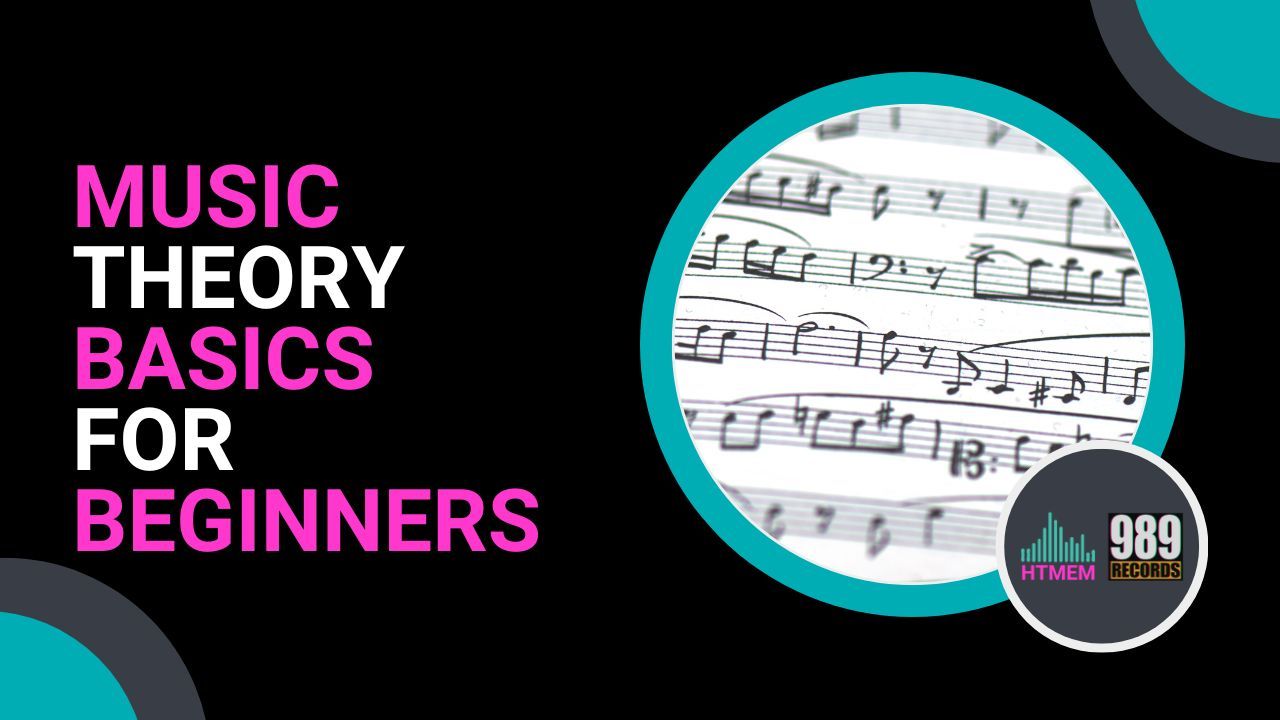
Building Your Home Studio
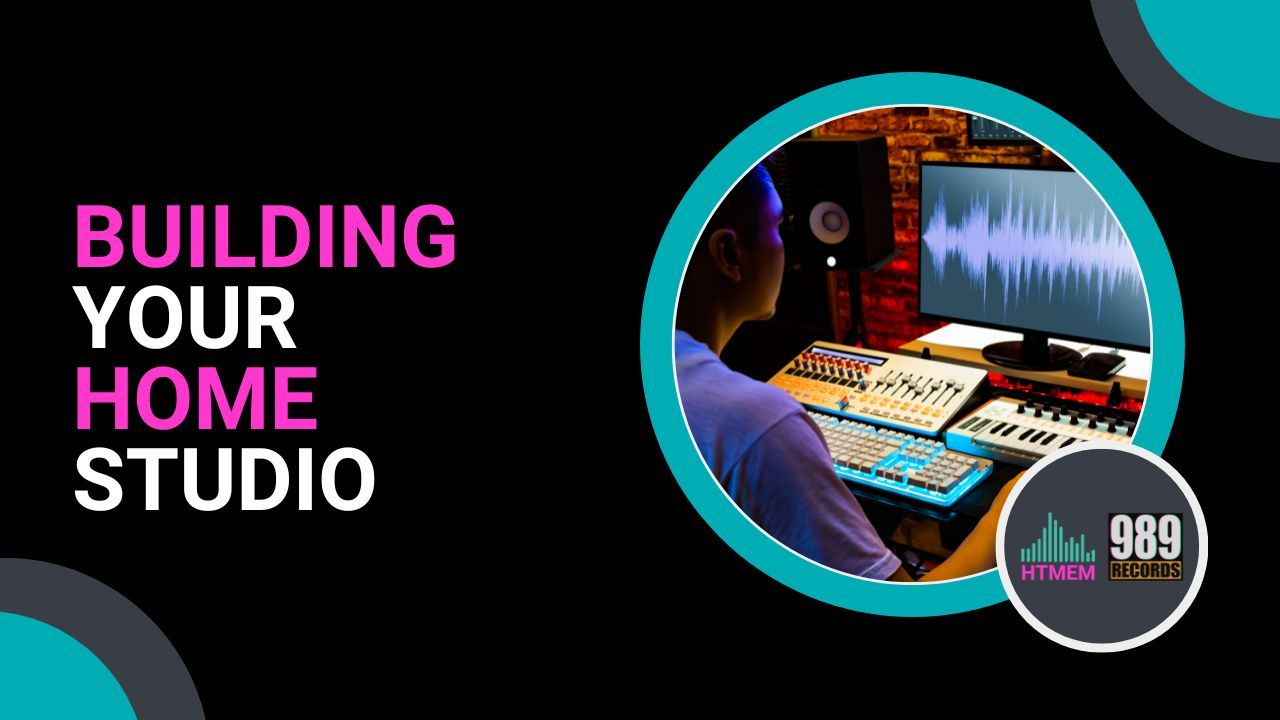
Crafting Your First Song
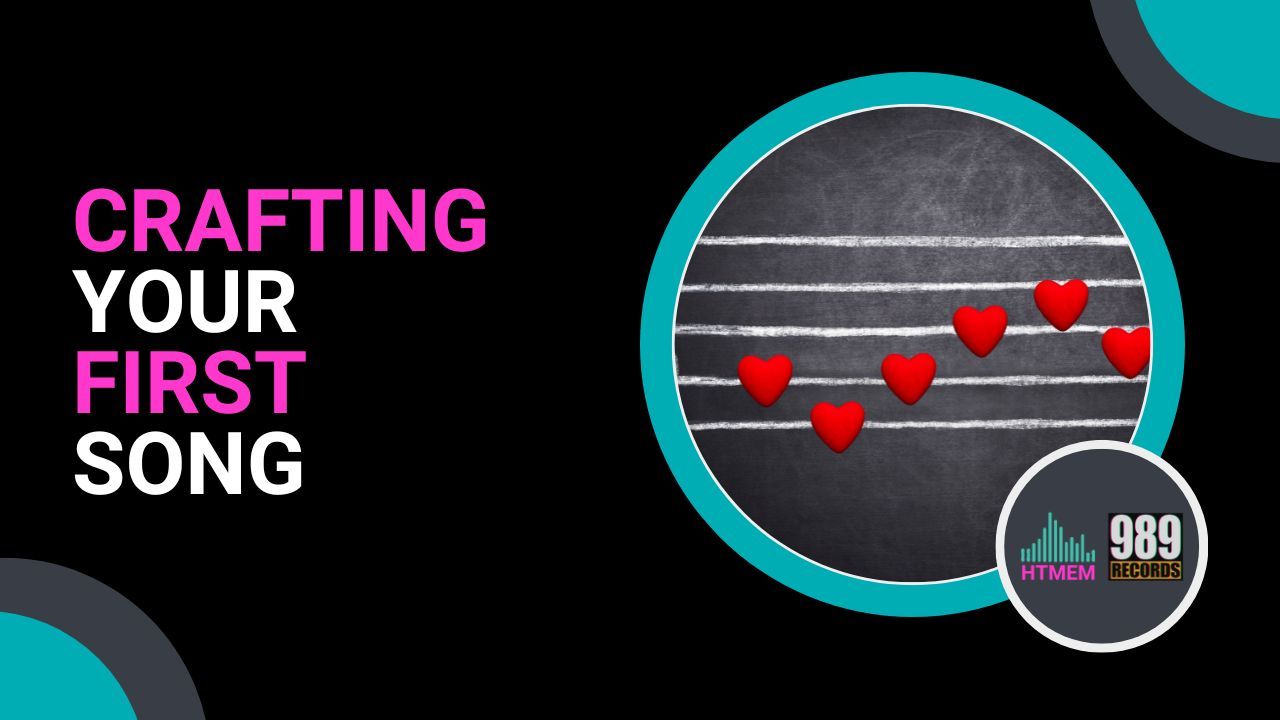
Songwriting Techniques
Beat-Making Tips
Melodies and Chord Progressions

Mixing and Mastering Your Music
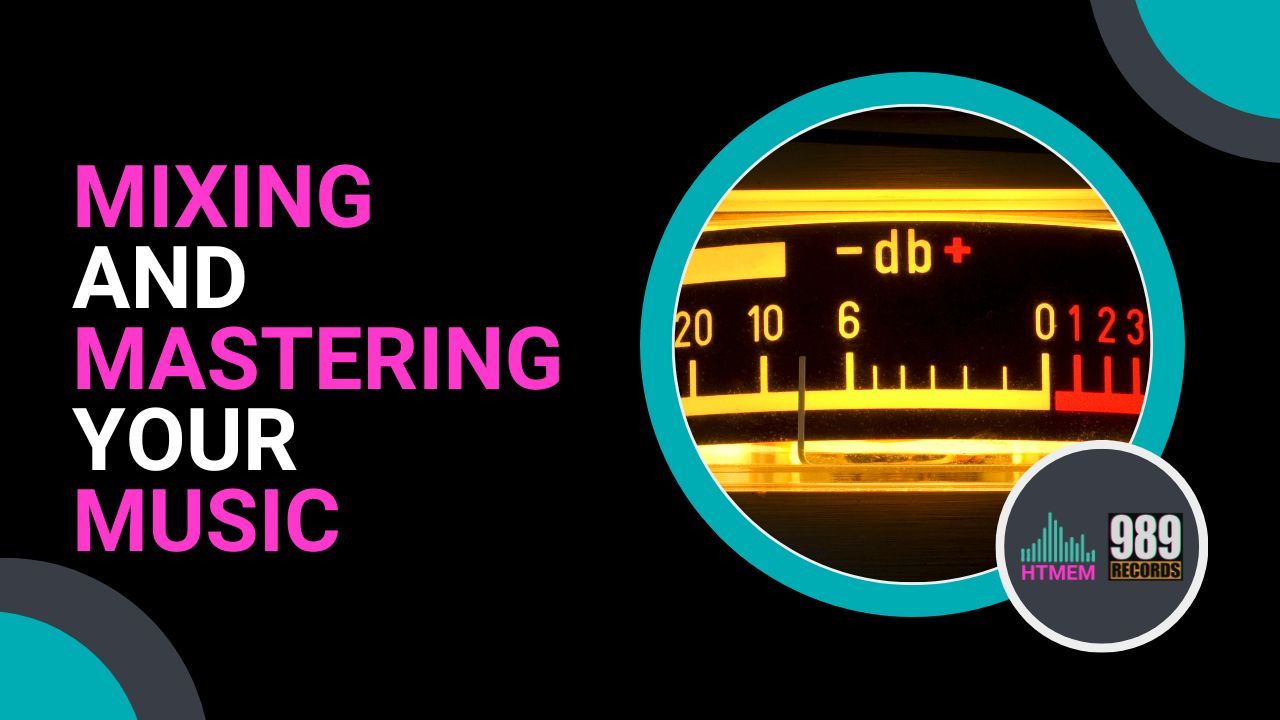
Mixing Techniques
Mastering Essentials
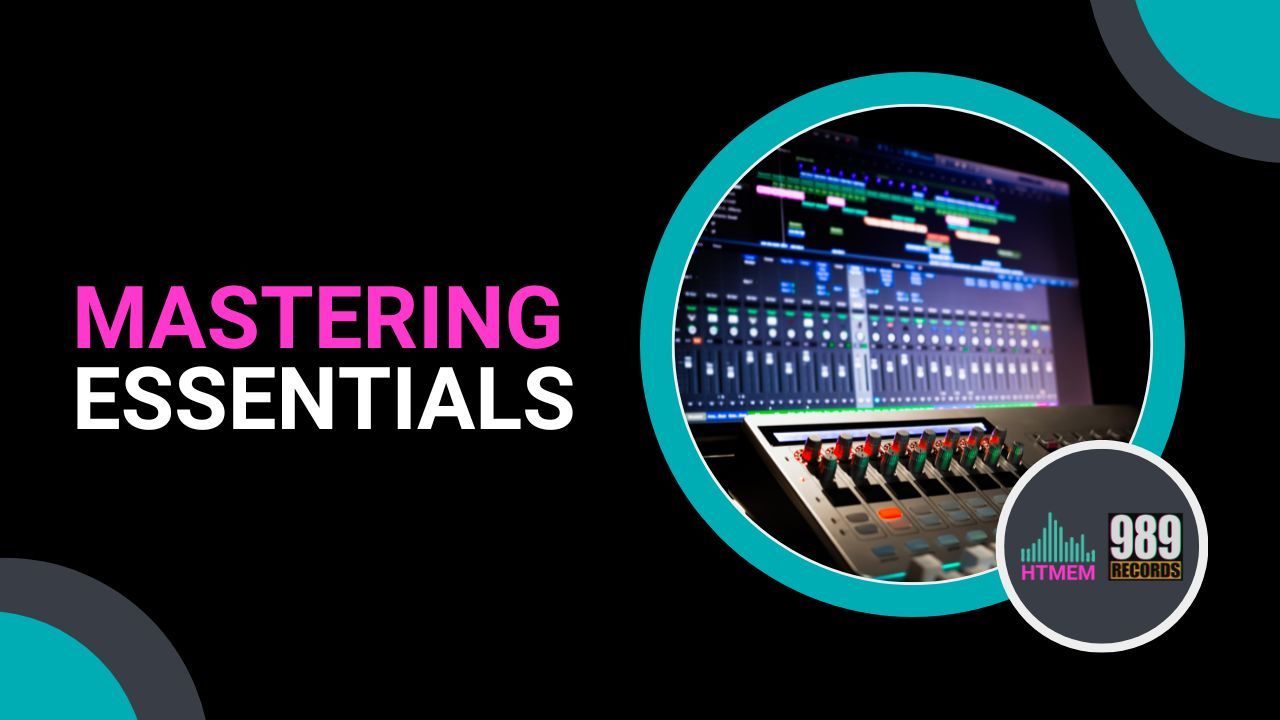
Promoting Your Music Online
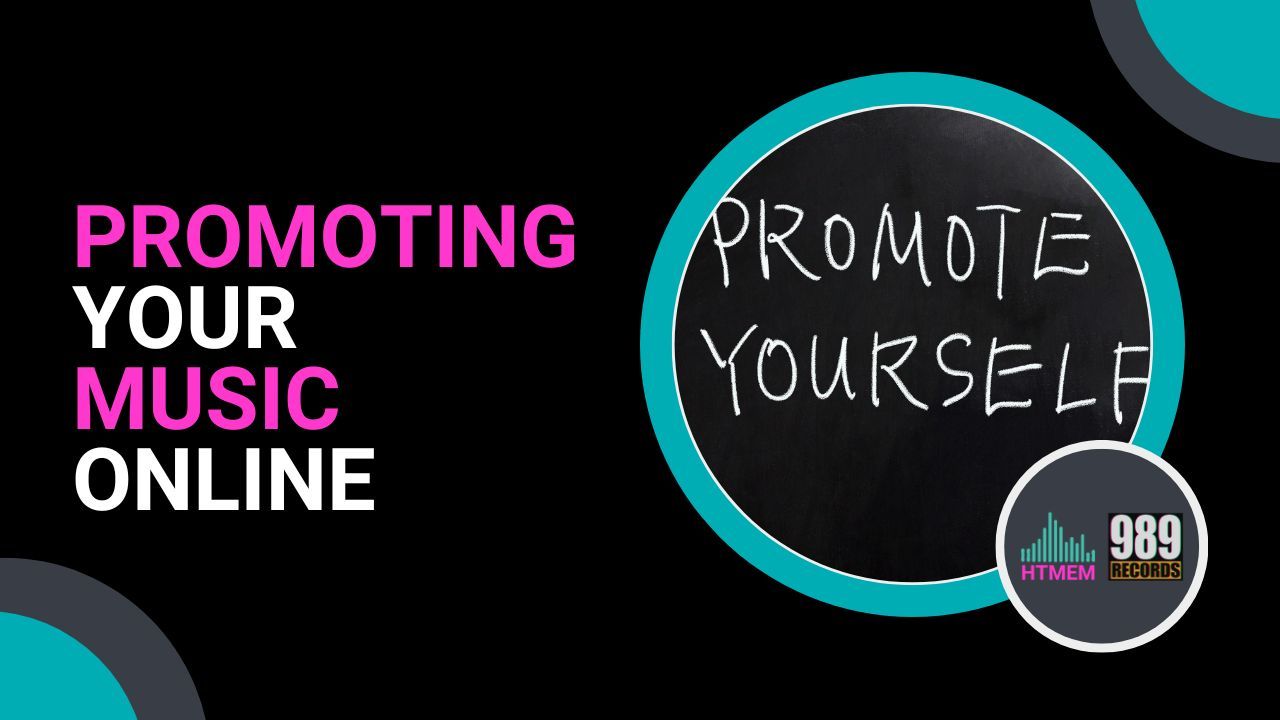
Streaming Platforms and Distribution
Social Media and Networking
Learning from Your Favorite Artists
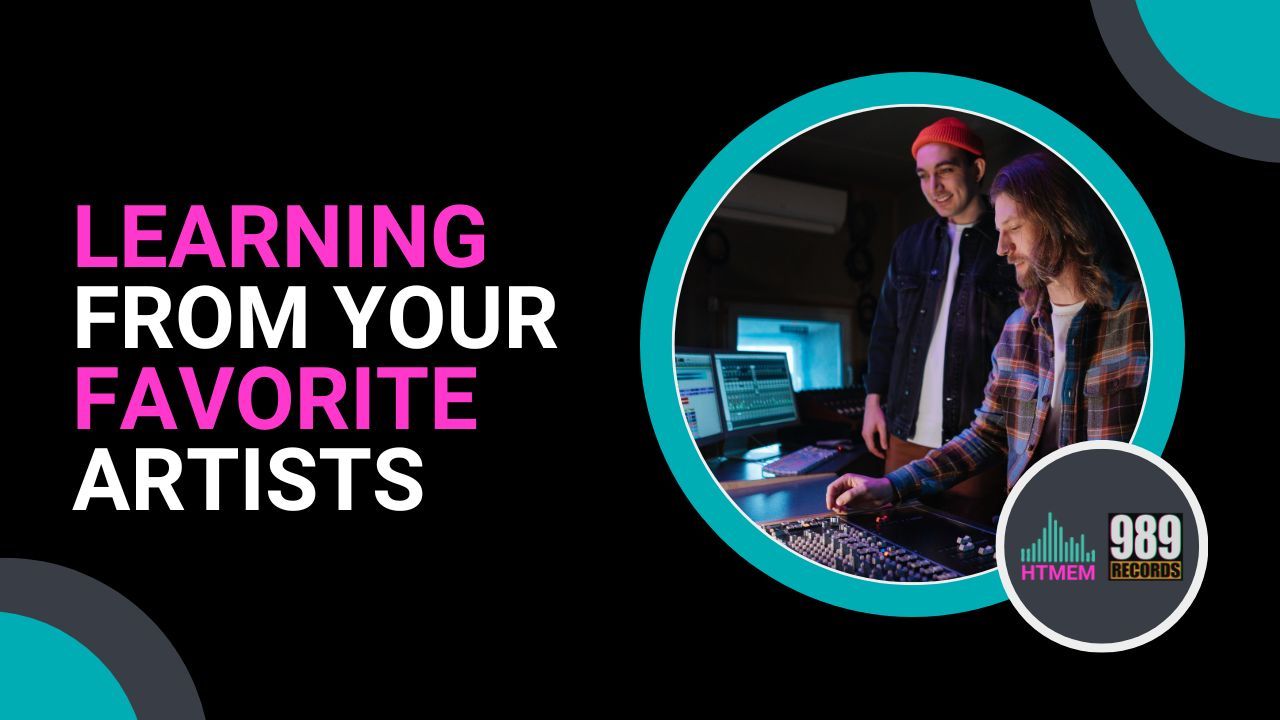
Overcoming Challenges in Music Production
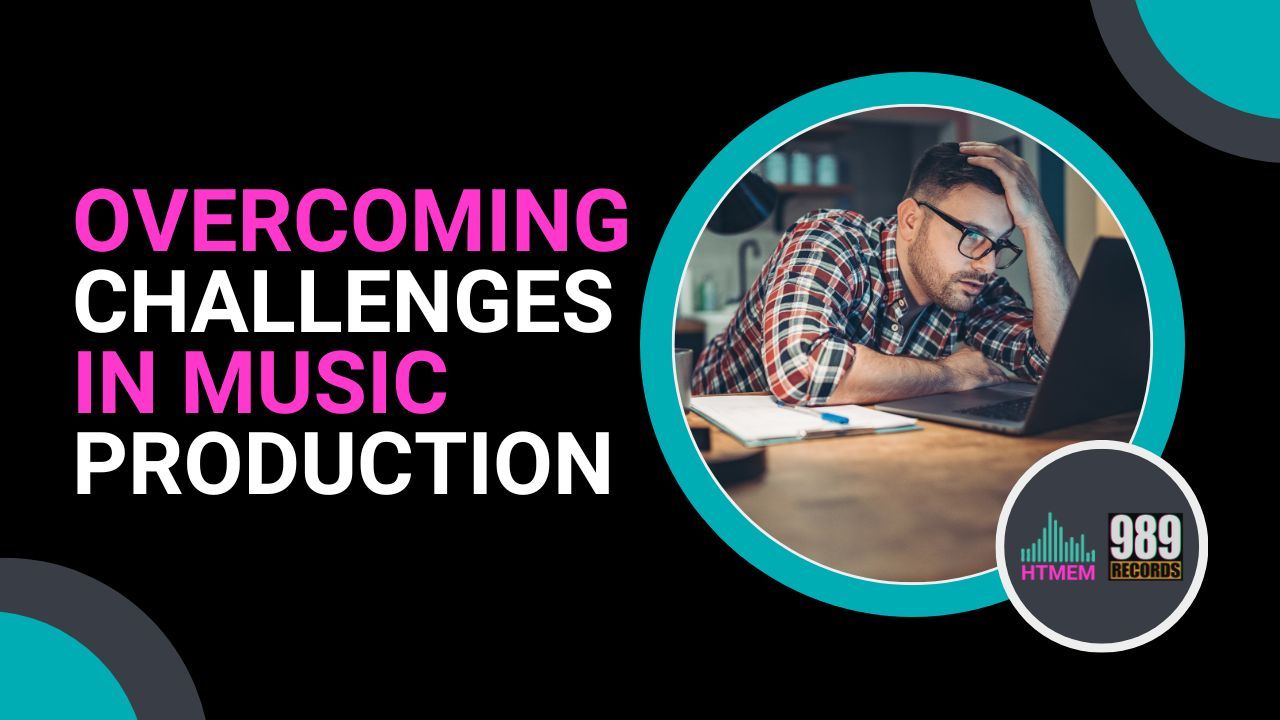
Summary
Frequently Asked Questions
How do I Create my Own Music?
How to Create Good Music?
What are the Essential Tools Needed for Music Production?
How can I Learn Music Theory Basics?
How can I Improve my Mixing and Mastering Skills?
About the Author
Max Porcelli
Steinberg Certified Trainer, DJ, and Producer with 29 years of experience. He owns 989 Records, an Electronic Music Label based in Italy. Every Saturday he hosts an exciting Radio Show called 989 Records Radio Show on air on Patchouli Deep Radio, London.
Write your awesome label here.



